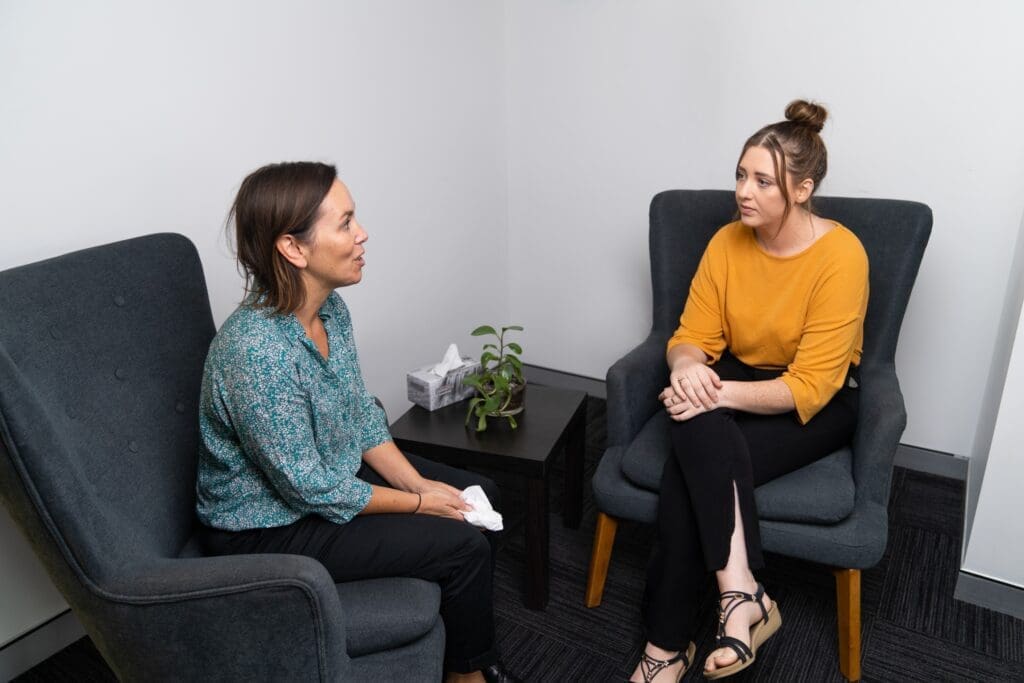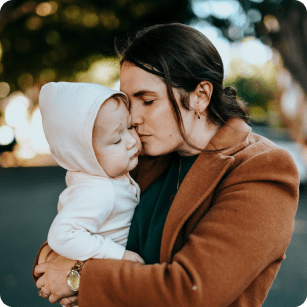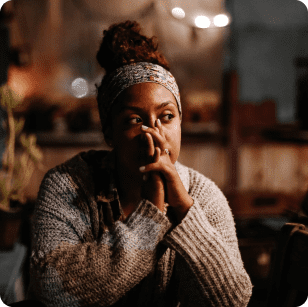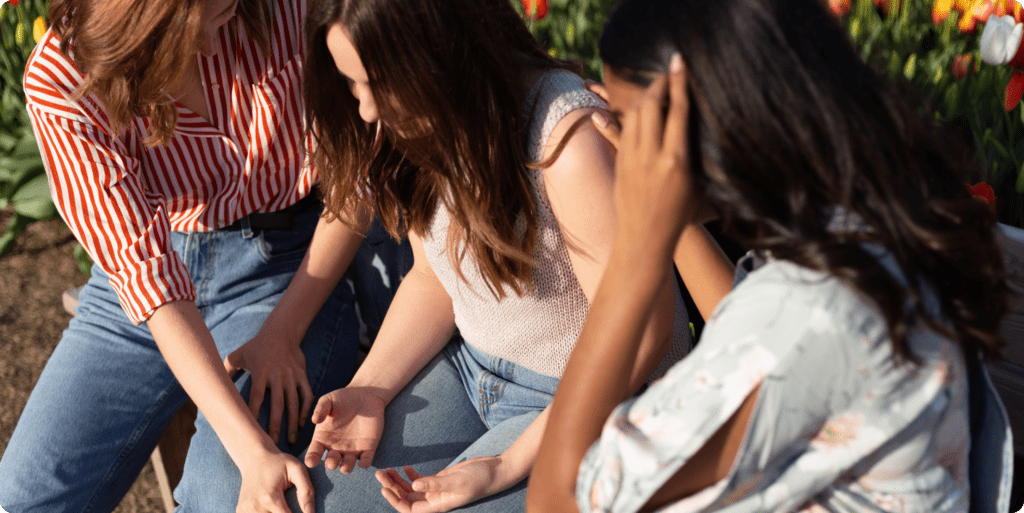How we can help you

You are experiencing domestic and family violence:
- Risk assessment / Safety planning
- Court support
- Assistance with protection orders
- Advocacy
- Emotional support
- Home safety upgrades
- Information and referral to agencies for housing and legal advice
- Referral services for men and boys using violence
You know a child, young person or family needing help
Domestic and family violence can affect children and young people’s sense of safety, social, emotional and psychological development and their relationships with their caregivers.
CADA’s Children, Young People and Families program helps children and young people think about their experiences, build resilience and build safe relationships with their parents and carers.
There is a wait list for the Children, Young People and Families program due to the high demand.
While young people may not relate to the term ‘domestic violence’, we know young women and men can experience intimate partner violence. CADA offers counselling and case management to young people in the Moreton Bay region who are experiencing abuse in their relationships.





You are worried about someone
There’s a lot friends or relatives can do to support someone experiencing violence or abuse. This includes just listening, letting them know it’s not their fault and respecting their right to make their own decisions.
If you’re worried because you have seen someone being disrespectful to their partner, controlling them or being abusive, you might say something if it is safe.
You might say you are concerned and that the behaviour is not ok. You might let the person you are worried about know there are free phone numbers they can call to get help.
If you’re worried about their safety, you might encourage them to contact a specialist domestic and family violence service.
The most dangerous time for a person experiencing abuse is just after leaving a relationship. It is their choice to stay or leave and either choice needs to be carefully thought through. It’s important not to encourage someone to leave if it’s not safe for them.
Specialist domestic and family violence practitioners provide free confidential advice on risk assessment, safety planning, how to stay or leave safely and the range of support services available.
You can offer unconditional and non- judgmental support.
Offer to assist them if they ask for your help. You might keep something safe for them, such as their personal documents or a bag of clothes or some toys for their children.
You might show the person phone numbers or websites for specialist domestic violence services.
If you or the person you are worried about live in the Moreton Bay region, you might make an appointment to come into CADA to discuss your experiences and ways to cope. To request an appointment call 07 5498 9533.
Always call 000 if someone is in danger.
For more information visit: I want to help someone | Community support | Queensland Government (www.qld.gov.au)




